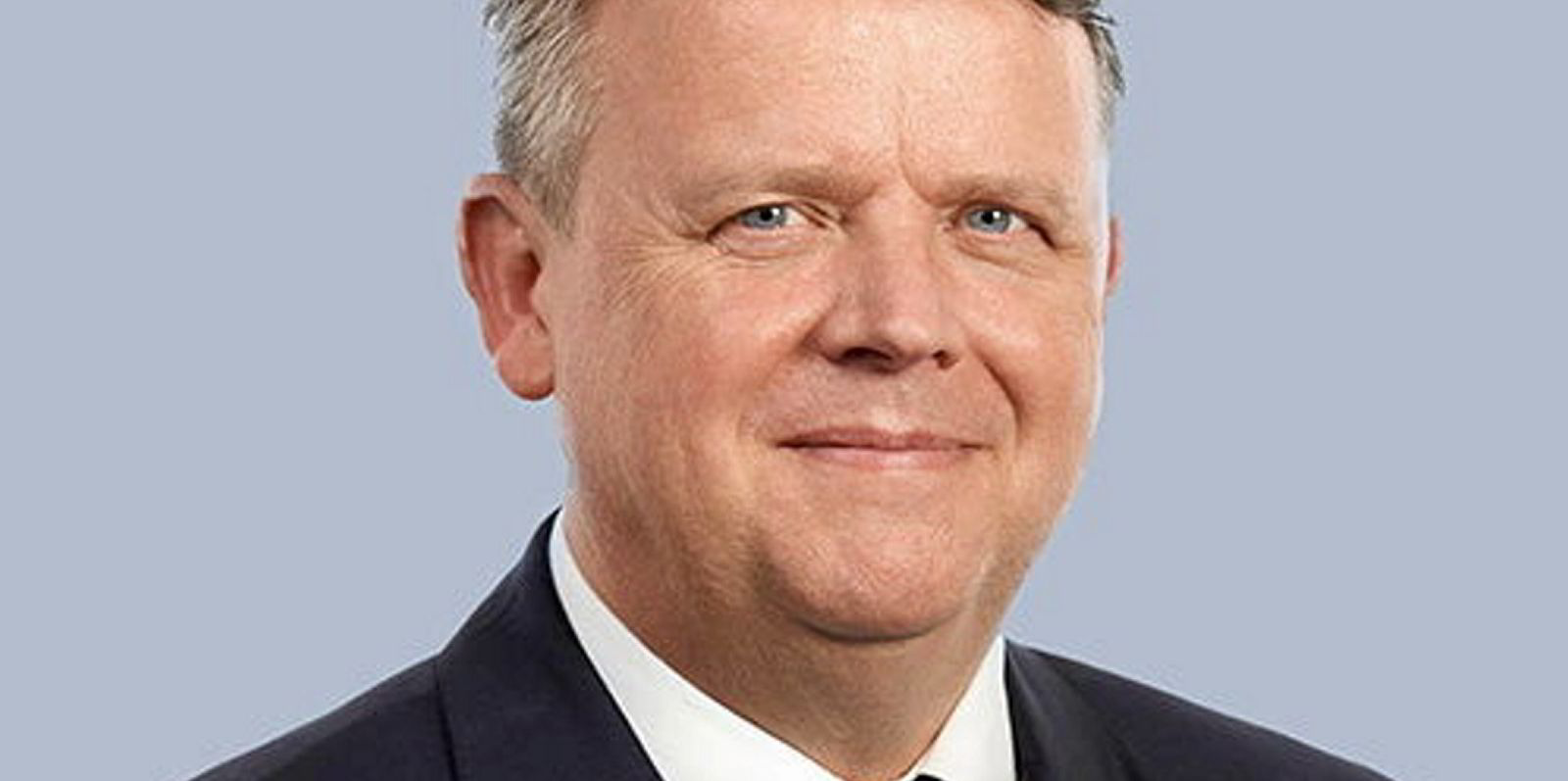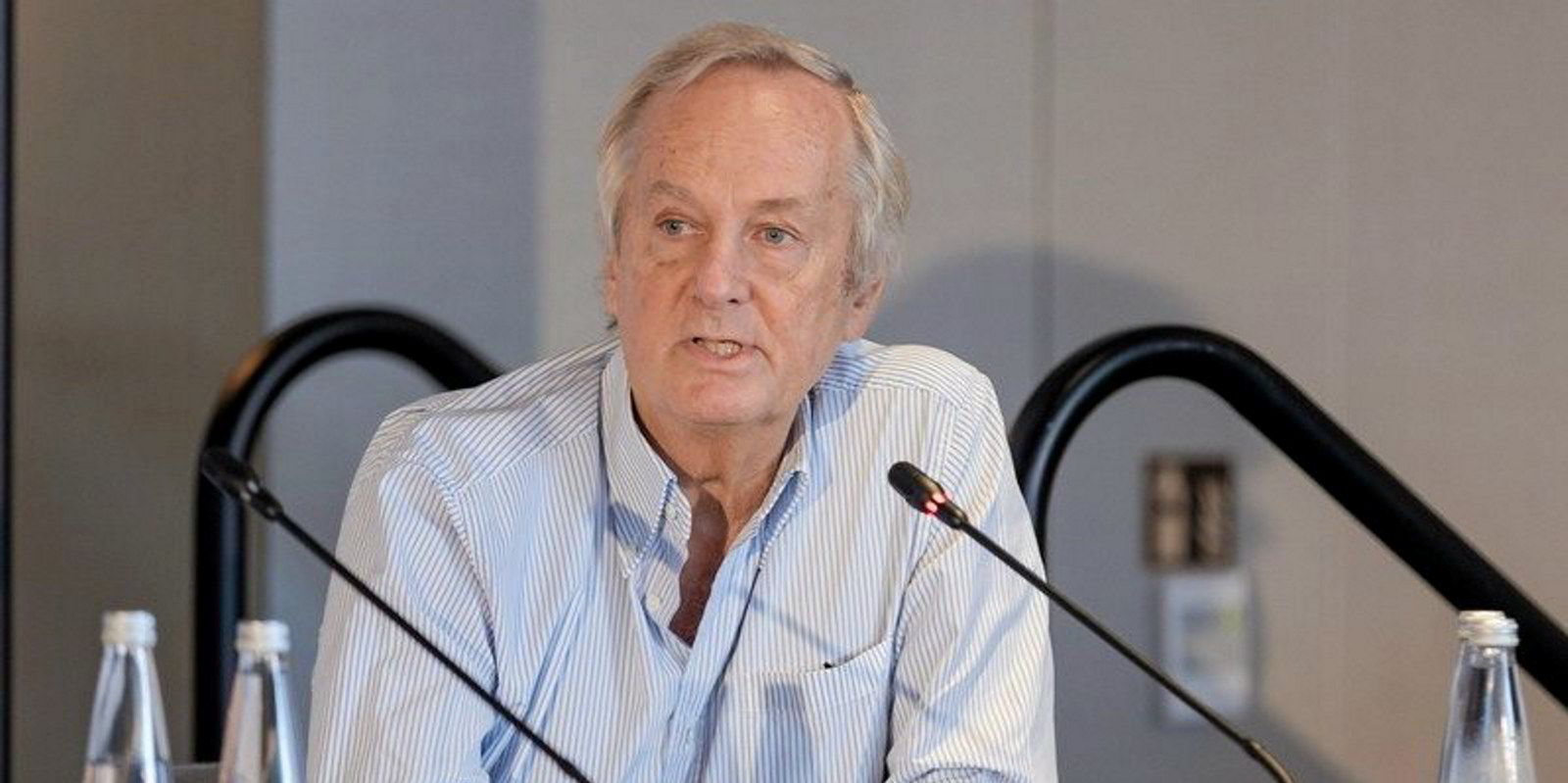Weak bulker markets during the first half of 2023 have made their mark on Pacific Basin Shipping’s bottom line and its dividends to shareholders.
But the Hong Kong-listed bulker owner-operator struck an optimistic tone in its interim report, stating that it expects freight markets to begin their recovery by the end of the year as supply and demand fundamentals improve.
Pacific Basin booked a net profit of $85.3m in the first six months of 2023, down from $465.1m for the same period last year. Revenue dropped by 33% year on year to $1.15bn.
Average daily freight earnings for Pacific Basin’s supramax bulkers fell by 60% year on year to $13,700 on a time charter equivalent basis during the first six months. Handysize earnings fell by 51% to $13,030 per day.
The company did not reveal its level of forward cover for the second half of 2023.
Pacific Basin’s board has declared an interim dividend of HKD 6.5 cents ($0.008) per share, equivalent to 51% of its net profit for the first half, down from 75% distributed a year ago, when freight markets were much stronger.
CEO Martin Fruergaard said the interim dividend payment “reflects our confidence in our strong balance sheet, despite the current uncertainty surrounding global dry bulk demand and freight rates, which continues to impact our industry”.
Pacific Basin remains optimistic for bulker markets despite short-term headwinds such as the fact that the Chinese economy has not recovered as quickly as expected this year.
Scrapping candidates
Freight markets will also receive support from low net vessel supply, according to Fruergaard. As well as the low orderbook, there has been a small uptick in scrapping activity for handysizes and supramaxes and more could follow in the near future, he said during a conference call with investors on Monday.
“You can go through one dry dock and postpone your scrapping for one dry-docking cycle, which is about 2.5 years. When you have to do it again, it’s going to be very difficult so we are building up a fairly large pool of scrapping candidates, which at a certain stage, of course, has to go,” he said.
“I think that’s also actually a positive fundamental fund for the market.”
The company said it expects that underlying demand fundamentals will strengthen going forward too.
“We anticipate growth in coal, grain and iron ore demand due to changes in trade flows and emerging market economies, as well as China’s post-Covid government policies,” it said in its interim report.
“Despite weaker economic activity in the United States and Europe, minor bulk activity remains robust due to China’s post-Covid economic recovery and global green transition initiatives.”
Pacific Basin’s operated fleet contributed $17m in revenue and generated a margin of $1,550 net per day over 11,000 operating days during the first six months of this year.
Meanwhile, the owner-operator said it aims to continue growing and renewing its fleet in order to meet tightening environmental regulations.
“We continue to maintain a healthy financial position with $375.1m of available committed liquidity and have reduced debt while expanding our fleet,” Fruergaard said in the company’s interim report.
“Our net borrowings now represent 7% of the net book value of our owned vessels. Additionally, we have increased our list of unencumbered vessels, with 65 currently unmortgaged.”
Pacific Basin presently owns 121 handysize and supramax bulk carriers. Its operated fleet also comprises nine handysizes and nine supramaxes on long-term charters, plus 142 vessels on short-term contracts, of which around two-thirds are supramaxes.






